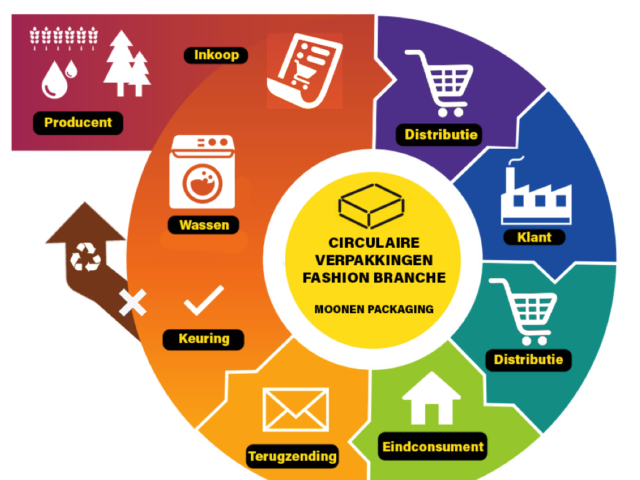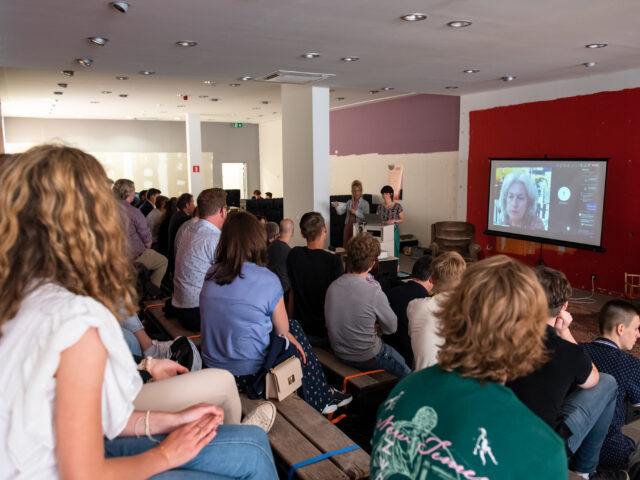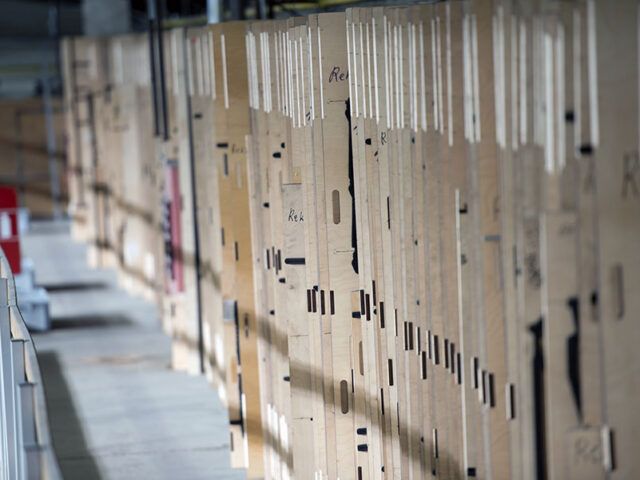Recreation park Fun Beach in Panheel is considered one of the top 10 beaches in the Netherlands by the ANWB. In order to maintain this reputation, Fun Beach pays a great deal of attention to littering, how to avoid it, collect it and dispose of it. If possible, even circular. A noble endeavour in which they also managed to challenge seven Commercial Economics students from Zuyd University.
Fun Beach in Panheel is not only a reputable outdoor event location, the day beach around natural water offers a real Aquapark, canoe, sub and lounge facilities. And that attracts people. And with the people, unfortunately, there is still small litter lying around, including a lot of cigarette butts. How they can reduce, collect and even recycle it requires a thorough approach. Dat bepleiten Michiel Dorn, Roy Heijnen, Bouke Mennens, Emmy Hodzelmans, Zoë Geurts, Lyno Spätjens and Jelle Teeuwen. These students Commercial Economics worked on innovative solutions for 20 weeks. These concepts came about through weekly consultations between the seven students and brainstorming in community format with both the client Fun Beach, students and teaching experts from Zuyd. By means of Design Thinking and from different angles, they came up with practical ideas that they then further developed in two groups.
BEACH ASHTRAY
One group looked for a technical solution to make the clearing itself easier. Thus, with a more effective technique, the clearing of cigarette butts and other waste can be easier and quicker. The other group focused on behavioural change. Ensuring that less is thrown away must be possible through clever communication. A combination of these two should then lead to an optimal reduction.
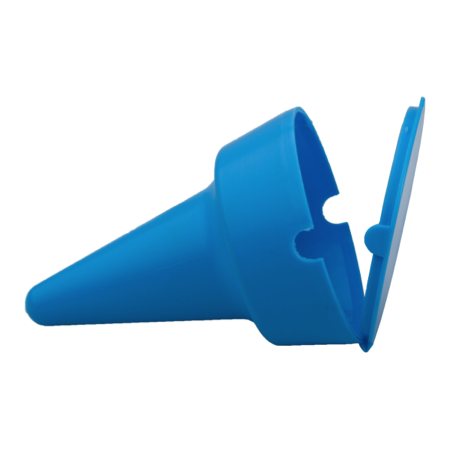
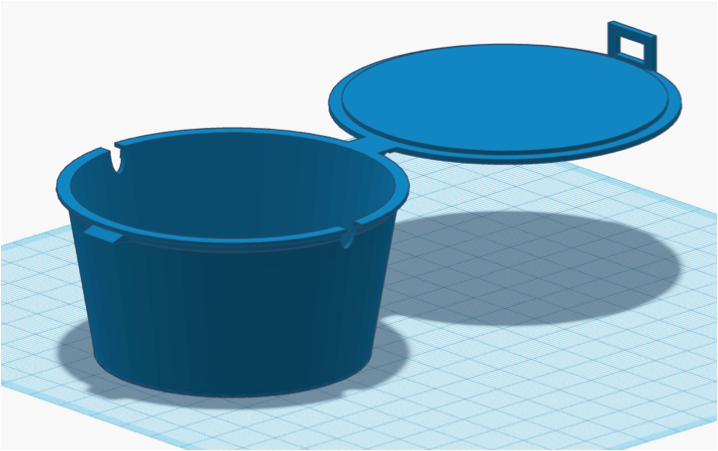
The group that focused on techniques came up with three concepts: the beach ashtray, the cigarette butt post and the smoke-free zone called ‘Green zone’. The layout and design of such a Green Zone should encourage visitors to make use of smoke-free areas in a positive way. A prototype of the beach ashtray was developed using a 3D printer. When filled with sand, the ashtray remains firmly in place, and it is perfect for producing larger quantities and handing out to roaring bathers. At the end of the day, the beach bins can be emptied and sifted into a bucket or container to separate the sand from the cigarette butts. The butts can then be collected and passed on to a company such as PuriFunghi, which makes artworks from cigarette butts. In addition to the beach ashtrays, more “cigarette butts” are being considered in areas with a high concentration of smoking visitors.
AWARENESS RAISING
Two concrete concepts were developed to raise awareness about behaviour: a circular work of art and infographics about waste. The latter to empower the Fun Beach guests around the ‘rubbish’. The central message: “Help, clean up!”; should address the visitor directly and point out the joint responsibility, but with a positive approach.
A work of art made from recycled plastic would refer in its form to a large beach umbrella. Here, the collected and recycled plastic waste will be presented as a colourful fan, sorted by colour, in order to create a beautiful light show. A parasol concept that has to be ‘instagrammable’, so that it can create a lot of PR on social media.
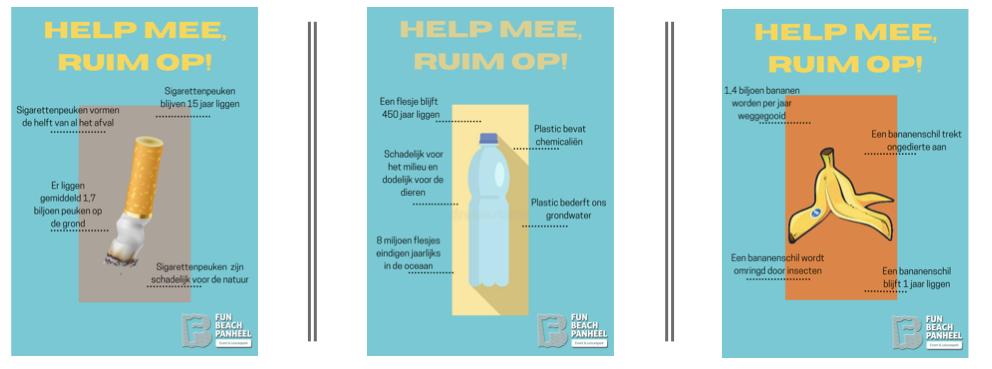
“The students have done a thorough research and have come up with surprising solutions to our waste problem,” says Luc van Engelen, owner of Fun Beach. “Solutions that we can get to work on in a concrete way.” “In fact, Fun Beach has indicated that all of the concepts presented are so valuable and usable that two students, Zoë Geurts and Lyno Spätjens, will be testing and implementing them as well as the supporting internal and external communication campaigns during their graduation period starting in February. From May 2022, the implementations would already be visible on the Panheel day beach of Fun Beach.
“We have learned that every company benefits from delving into sustainability,” responds Zoë Geurts. “It is not only good for the environment, it also makes a positive contribution to a company’s image. Furthermore, we are more aware of all the waste that we produce and encounter on the streets. There are many small adjustments we can make to our daily lives that will make a major contribution to sustainability. We will all come across this in our future careers as it is such an important part of business. I have been so inspired that I would like to do a master’s degree in sustainability.”
Michiel Dorn, Roy Heijnen, Bouke Mennens, Emmy Hodzelmans, Zoë Geurts and Lyno Spätjens, Jelle Teeuwen are in any case excited about their assignment. They also hope to be able to do something valuable for society in general in the future and to help stimulate business towards more circular entrepreneurship.
